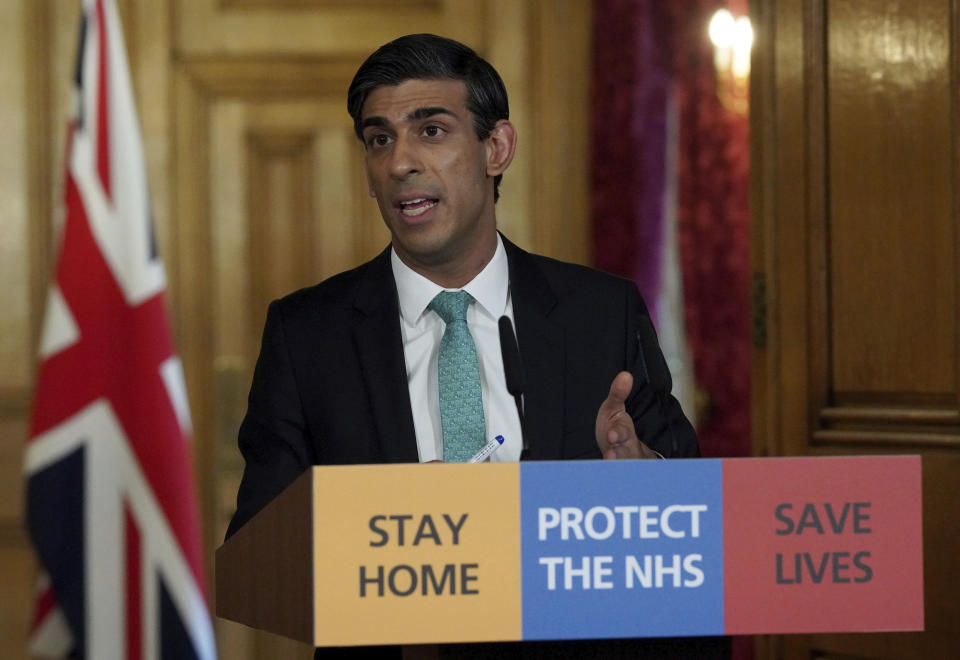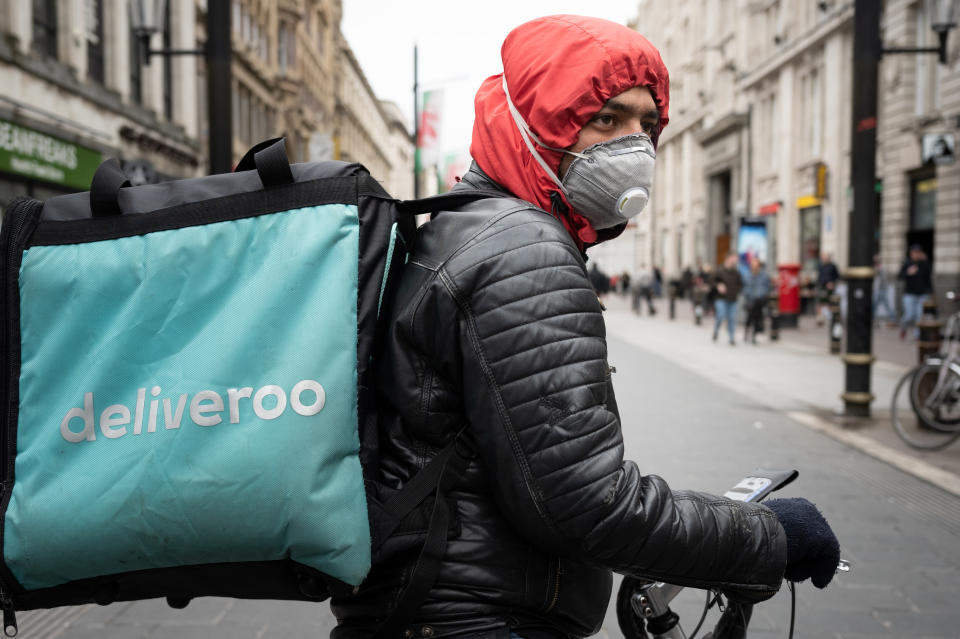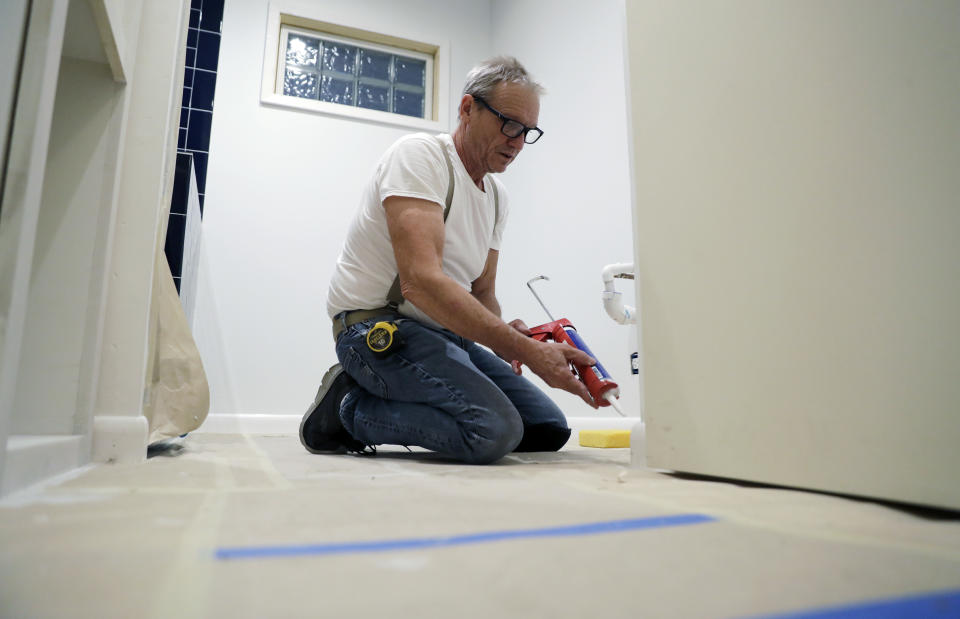Self-employed face tax hike after £9bn bailout

Britain’s 5 million self-employed face a looming tax hike, after chancellor Rishi Sunak agreed to bail them out during the coronavirus economic shutdown.
Sunak on Thursday 26 March announced that Britain’s self-employed would be eligible for up to £2,500-a-month in state grants for the next three months. The support package comes amid a government-ordered economic shutdown and is estimated to be worth around £9bn (£11bn), according to the Financial Times. The scheme will help everyone from gigging musicians and Uber drivers to consultants and lawyers.
However, Sunak hinted that the grants would be part of a trade off and the self-employed will likely face higher tax rates after the coronavirus crisis abates.
Read more: Chancellor Rishi Sunak announces emergency support for self-employed
“There is currently an inconsistency in contribution between self-employed and employed,” Sunak said, questioning whether this was “fair.”
“Especially as we look when we get through this and we’re all chipping in together to right the ship afterwards, [we’ll be] making sure that everyone’s doing their bit.”
“I think he’s just setting down the marker to say: ‘We’re helping you out now, you guys need to recognise that you’ll be paying more tax in six months time when we have our next budget’,” Nimesh Shah, a partner at accountant Blick Rothenberg, told Yahoo Finance UK.

Craig Hughes, a partner at accountancy firm Menzies, said: “Now employees and the self-employed are on pretty much a level pegging in terms of support. But he very clearly said there will be a sting in the tail here. When times improve and once we’re over this health issue, things will have to change.”
The self-employed currently pay a lower rate of national insurance than salaried employees, a historic difference that reflects the fact the self-employed are risking their own wealth to set up a business and don’t enjoy benefits such as sick pay or holiday pay.
Shah estimated that a self-employed person earning £50,000 a year would pay around £1,000 less national insurance than an employee on the same salary.
“It’s been a long standing gripe of the government and HMRC that the self-employed are perceived to pay less tax than the employed community,” Shah said.
Shah and Hughes both predicted that the government would increase national insurance contributions for the self-employed to bring them in line with contributions from salaried staff.
It could form part of a broader package of tax reforms, Hughes said, with hikes possible in areas like capital gains tax and inheritance tax.
“Clearly the [support packages] that are put in place right now are hugely costly and the impact of shutting down all the businesses is going to cost the UK economy an absolute fortune,” he told Yahoo Finance UK. “There will have to be some really painful changes.”
Shah said: “Let’s be honest, the government needs to raise money after this.”

However, any tax changes are likely to prove controversial.
Andy Chamberlain, director of policy at the Association of Independent Professionals and the Self-Employed (IPSE ), said: “There are historic and good reasons for the differences in taxation.
“Notwithstanding this generous one-off support package – for which IPSE is very grateful — the self-employed take on a higher degree of risk than employees.”
He added that the self-employed enjoy only “a marginally advantageous tax rate” and said: “If you compare the direct taxation of individual employees and the self-employed, it really isn’t that different.”
Freelancers are already up in arms about new rules, known as IR35, that were due to come into force in April. The rules were intended to close what HMRC saw as a tax loophole for contractors. Those affected argued it left them with all the costs of full employment but none of the rights. Around 600 freelancers gathered outside parliament last month in protest.
Hughes said: “Those who stand on their own two feet and risk their own capital as self-employed individuals — I don’t think there’s anything wrong to say they should have a slightly different system because it is harder and more risky to set up on your own.”
Boris Johnson’s December 2019 manifesto also contained a ‘triple lock’ on tax. This bound the Conservative party not to raise national insurance, income tax, or VAT for five years.
“There might be some outcry to say that is just a tax increase through the backdoor, you’ve broken the triple lock,” Shah said.
Any tax hikes may also alienate the Tory party’s traditional supporters.
“To me, a change of national insurance is slightly contrary to the mantra that has been long in place for the Conservative government, which is that entrepreneurs and smaller owner-managed businesses are the backbone of Britain,” Hughes said.
Shah added: “In six months time, hopefully, the government will need to rely on this population to really kickstart the economy.”

 Yahoo Finance
Yahoo Finance 